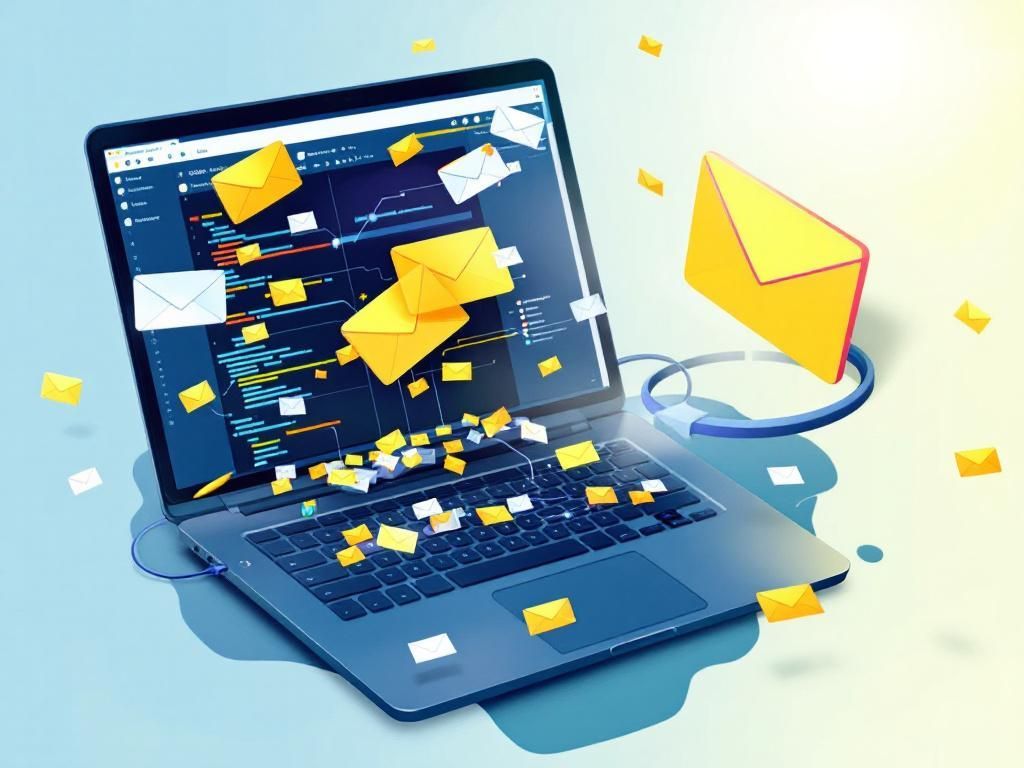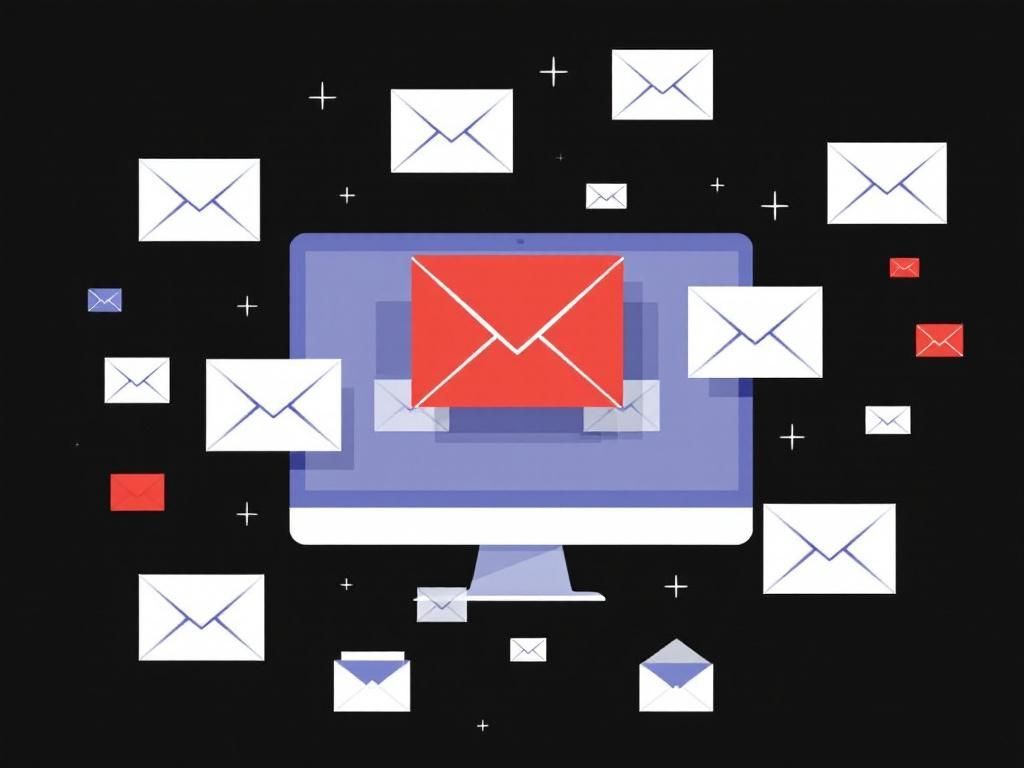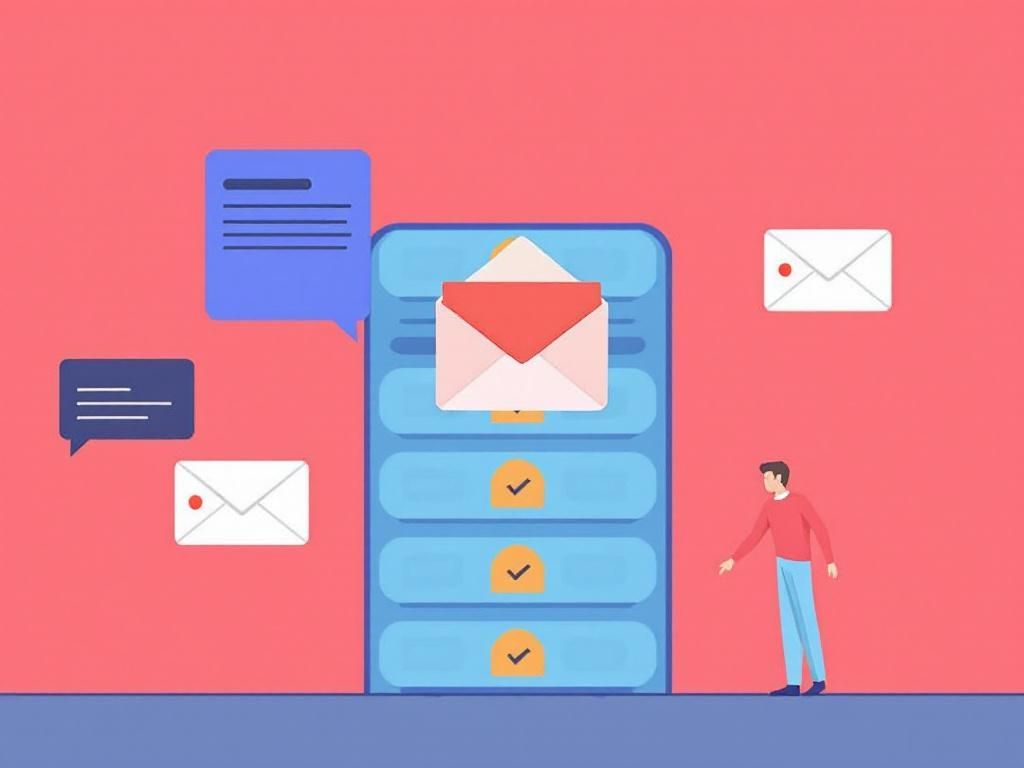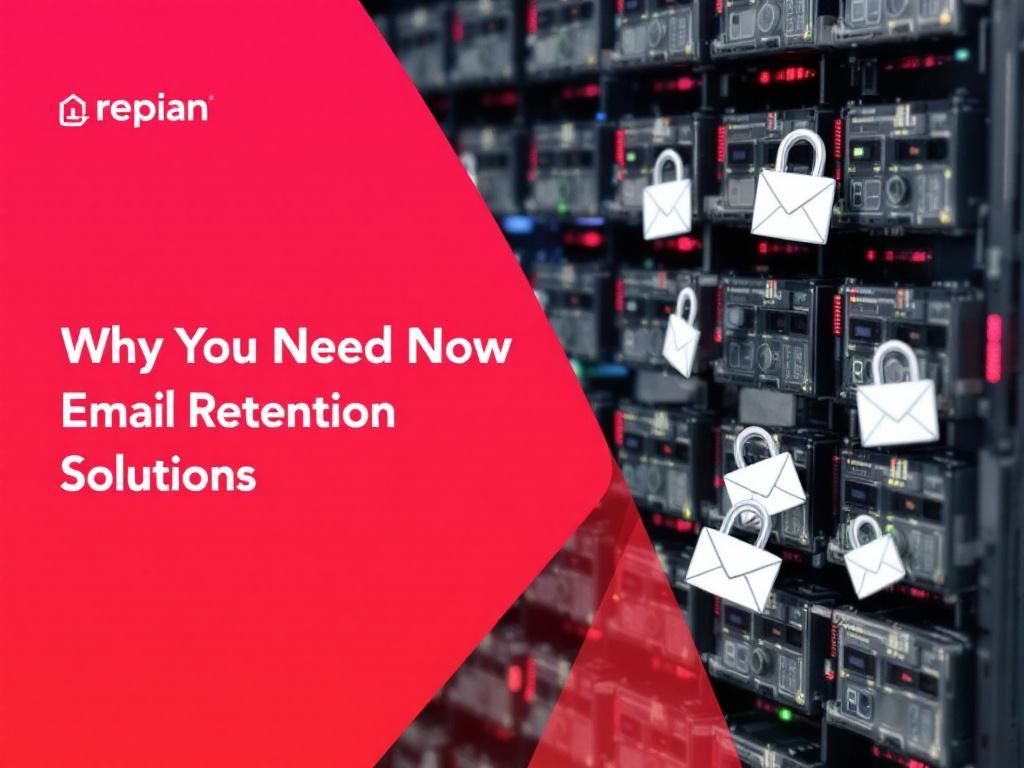Maximize Efficiency with Email Archiving Strategies
Discover how email archiving can enhance productivity and streamline communication in your organization. Learn best practices and tips.
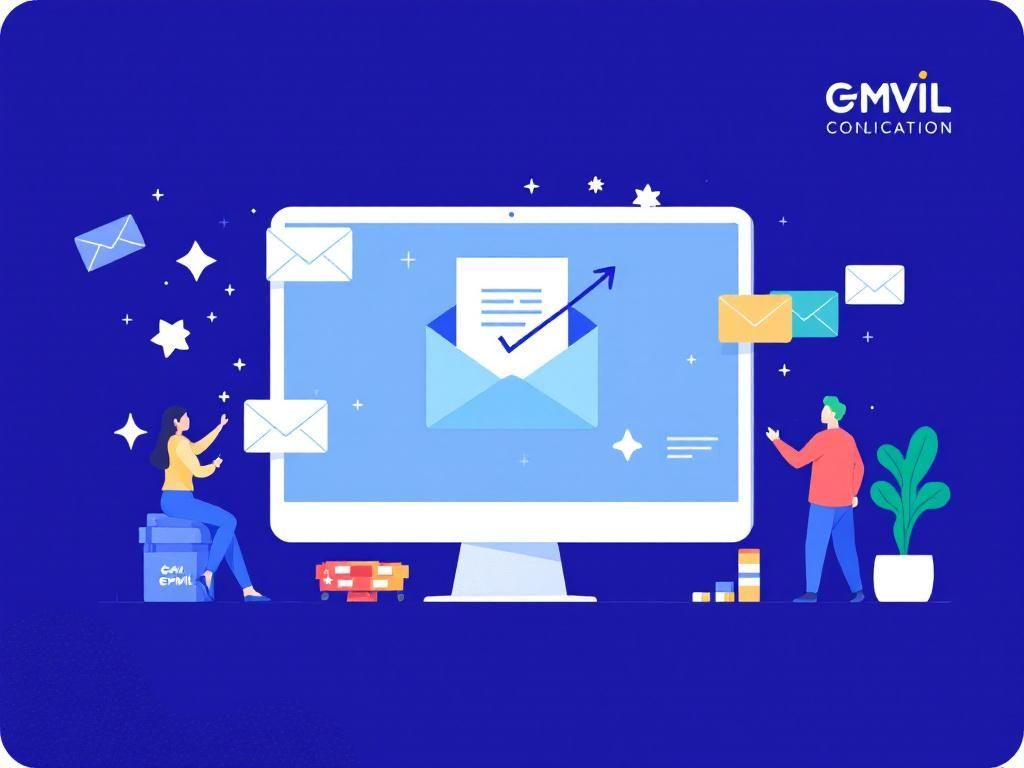
In today’s fast-paced digital environment, managing emails effectively has become crucial for both businesses and individuals. With the ever-growing volume of emails, finding a way to streamline communication while preserving important information is essential. One of the most effective solutions is email archiving. This approach not only helps in organizing emails but also boosts operational efficiency. Let’s explore the various aspects and benefits of email archiving in detail.
Email archiving strategies are essential for maximizing efficiency in today’s fast-paced work environment. By implementing effective archiving practices, organizations can streamline their communication processes and easily retrieve important information. For those looking to boost their branding efforts alongside improved email management, learn how to use logo mockups effectively.
Table of Contents
What is Email Archiving?
Email archiving involves the process of collecting and storing emails in a centralized location. This can be done either on-premise or through cloud-based solutions, allowing organizations to secure their email communications while ensuring compliance with regulations. The archived emails can be accessed easily, enabling users to retrieve important information quickly.
Why Email Archiving is Essential
1. Compliance and Legal Protection
Many industries are subject to strict regulations regarding data retention. Email archiving provides:
- Protection from legal challenges by ensuring all communications are securely stored.
- Easy access to historical data for audits or investigations.
- Compliance with industry-specific standards such as GDPR or HIPAA.
2. Improved Storage Management
As inboxes fill up, managing space becomes a challenge. Email archiving offers the following advantages:
- Reduces the size of primary mailboxes, enhancing performance and speed.
- Offers cost-effective solutions for data storage without compromising accessibility.
3. Enhanced Productivity
When emails are archived properly, retrieving information becomes seamless:
- Users can search and access relevant emails quickly, reducing downtime.
- Minimizes the risk of losing critical data due to accidental deletion.
How Email Archiving Works
The process of email archiving typically involves several key steps:
- Email Collection: Emails are gathered from different sources, including mail servers and client applications.
- Data Processing: The collected data is then indexed and organized for easy retrieval.
- Storage: Archived emails are stored in a secure environment, either on-site or in the cloud.
- Access: Authorized users can retrieve and search through archived emails using specific criteria, such as date, sender, or keywords.
Choosing the Right Email Archiving Solution
When selecting an email archiving solution, consider the following factors:
| Feature | Importance |
|---|---|
| Scalability | Should accommodate growing data needs without a hitch. |
| Search Functionality | Easy retrieval of archived emails is crucial for productivity. |
| Compliance Tools | Ensure the solution meets industry regulations. |
| Security Measures | Data integrity must be protected through encryption and access controls. |
Best Practices for Email Archiving
To maximize the benefits of email archiving, consider the following best practices:
- Regularly Update Archiving Policies: Ensure that your email archiving policies are current and meet the organization’s needs.
- Train Employees: Provide training on how to use the archiving system effectively to enhance productivity.
- Monitor Storage Usage: Keep an eye on storage utilization to avoid any disruptions in service.
Common Misconceptions about Email Archiving
1. It’s Only for Large Organizations
Email archiving is beneficial for businesses of all sizes. Even small businesses can benefit significantly by maintaining compliance and improving efficiency.
2. It’s Too Expensive
While there are costs associated with implementing an email archiving solution, the long-term benefits outweigh the initial investment. It can save costs related to data loss, legal fees, and downtime.
3. Archived Emails are Difficult to Access
Modern email archiving solutions offer intuitive search capabilities, making it easy to access archived emails whenever needed.
The Future of Email Archiving
As technology evolves, so does the process of email archiving. The future holds promising advancements:
- Artificial Intelligence: AI can streamline the archiving process, making it more efficient.
- Integration with Other Systems: Future solutions will likely integrate seamlessly with various business applications.
- Enhanced Security Features: Continued focus on securing data against breaches will be paramount.
Conclusion
Email archiving is not just a storage solution; it’s an essential tool for enhancing efficiency, ensuring compliance, and improving productivity. By understanding the importance of email archiving and implementing the right practices and solutions, organizations can navigate the complexities of email management effectively. As the digital landscape continues to evolve, staying ahead of the curve with a robust email archiving strategy will be critical for success.
FAQ
What is email archiving?
Email archiving is the process of capturing and storing email messages in a secure, searchable, and organized manner for long-term retention and easy retrieval.
What are the benefits of email archiving?
Email archiving helps improve efficiency by reducing storage costs, ensuring compliance with regulations, and making it easier to retrieve important emails quickly.
How does email archiving improve organizational efficiency?
By streamlining email management, reducing clutter, and enhancing searchability, email archiving allows employees to access relevant information faster, thereby boosting productivity.
Is email archiving secure?
Yes, most email archiving solutions use encryption and adhere to strict security protocols to ensure that archived emails are protected from unauthorized access.
How do I choose the right email archiving solution?
Consider factors such as scalability, compliance features, integration capabilities with existing systems, and user-friendliness when selecting an email archiving solution.



